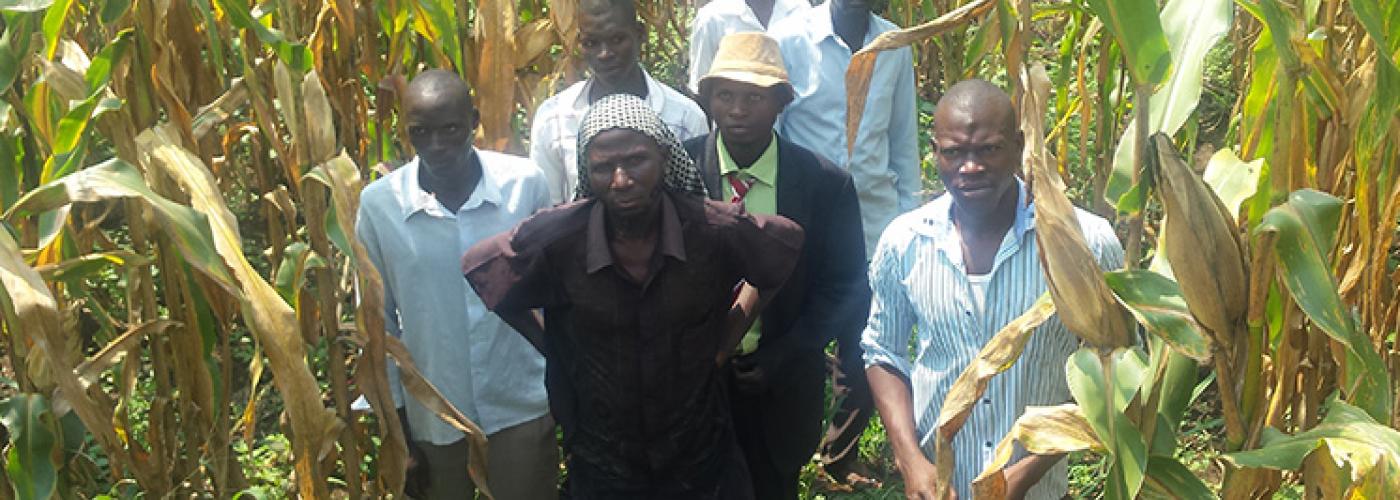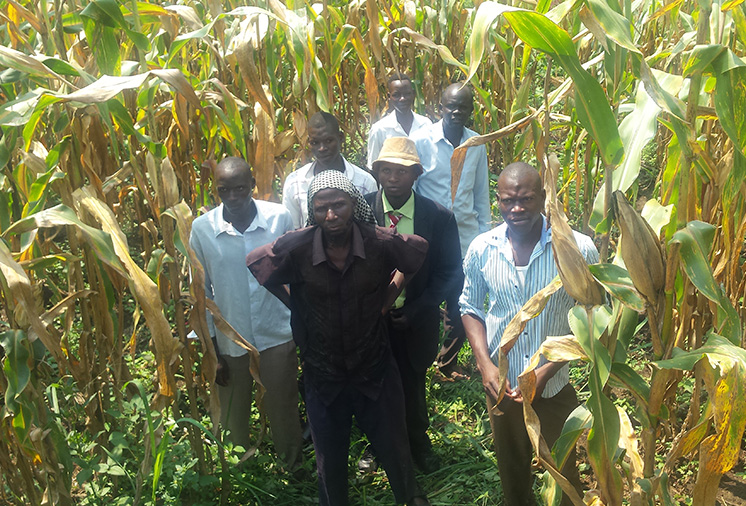They Love Me, They Love Me Not: How the Agriculture Sector Can Woo Today’s Youth
Image

When it comes to youth, the development sector seems to have accepted the idea that agriculture isn’t sexy. As part of research being conducted by the Leveraging Economic Opportunities (LEO) Activity around the extent to which USAID’s Feed the Future Initiative is engaging youth in agricultural value chains, researchers spoke with young people in rural Guatemala, Liberia, Uganda and Nepal to learn about their views of opportunities, constraints and feelings towards agriculture work. Findings will be used to strengthen Feed the Future’s work with young people across the sector, a timely initiative given the 2016 International Youth Day theme, The Road to 2030: Eradicating Poverty and Achieving Sustainable Consumption and Production. While we anticipated hearing statements like, "Sorry ag, we’re just not that into you," the general attitudes of young people we reached ranged from, "Maybe we can work it out," to "Ag, I’m totally diggin’ you." Here are a few initial findings from our field work.
As with any relationship, first impressions matter. Maximizing on the opportunities available in their surroundings, many of the youth we spoke with in Liberia and Uganda had experimented with farming in the past. Unfortunately, due to a lack of training and inputs, many of these young entrepreneurs were shooting for agribusiness dreams with subsistence farming toolkits. Organizations should work to ensure that first time farmers have positive experiences, which requires critical hard and soft skills as well as market linkages, so as not to jeopardize early enthusiasm. Everyone has their strengths and weaknesses, and our research team observed that, while agriculture organizations excelled at connecting participants to market, they struggled to meet the needs of younger cohorts and vulnerable youth, while youth-focused implementers had the opposite challenge. When working outside of your wheelhouse, partnership can be the best strategy and was a tactic enlisted in the development of some of the strongest programs we observed. Is there love lost on the part of the failed youth entrepreneurs? Absolutely, but the youth we spoke with were willing to give agribusiness a second chance with the right supports in place.

Ugandan youth farmers. Photo: LEO
We often hear that youth want quick money. Given their pressing needs, lack of financial security and inexperience in business, it’s not surprising that youth are looking for fast returns on investments of time and resources. That said, the meaning of quick differs depending on who you’re talking to. For some youth, short-term, high-value crops such as onions and other vegetables offer a fast enough turn around to meet their needs. Young people who require a quicker payout can find employment or small business start-up opportunities in spraying, pruning or weeding. Organizations can support youth groups by advising them to bulk their crops, selling a portion early in the season to meet pressing financial needs while holding the greater share back until demand increases and prices rise.
It takes time to build strong relationships, and agriculture programs should have a long-term vision of how youth can transition their early endeavors into profitable livelihoods. Entry points along the value chain are influenced by geography, capacity and access to finance and land but might include providing agricultural services, increasing productivity or block farming. Youth need training in financial management as well as saving and loaning opportunities in order to turn early profits into long-term assets. In Uganda, young agriculturalists proudly stated that their investments in land, improved banana trees, and livestock were important steps along their paths to lucrative careers in agribusiness. Youth in Guatemala and Liberia, where many young people have dropped out of school, emphasized that investing in the long-term success of youth in rural communities means creating programs which integrate literacy and numeracy with livelihood development.
While youth and agriculture are still working out the nature of their relationship, the message is clear: youth view agriculture as an opportunity to earn an income today and prosper tomorrow. Stay tuned in September for the learning products from this “Engaging Youth in Agricultural Value Chains” activity, as Feed the Future looks to even better position itself to help youth make their "green dreams" a reality.

